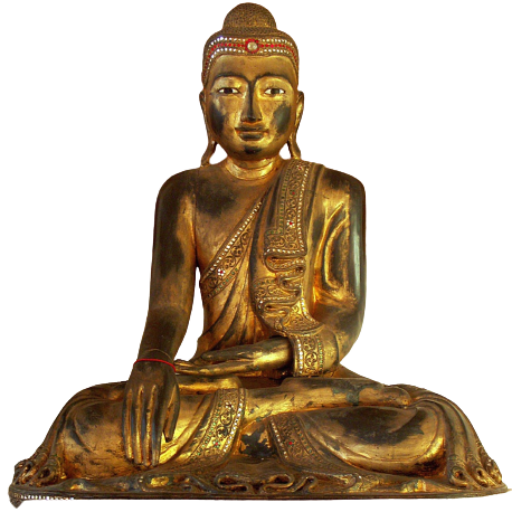
Accommodation
Catering
Daily schedule
4.00 a.m.: Getting up
4.30 a.m.: Walking and sitting meditation
5.30 a.m.: Breakfast
6.30 a.m.: Work period
7.30 a.m.: Walking and sitting meditation
10.30 a.m.: Lunch
12.00: Walking and sitting meditation
17.00: Drinks followed by walking and sitting meditation
21.30: Bed rest or continue practicing
Dhamma lectures will be given by Sayadaw U Indaka, Ven. Virañani or Ariya Baumann. About three times a week, meditators have a one-on-one session with the meditation teacher, where they receive further guidance and support for their practice.
Meditation technique and languages
The meditation taught at the center is Vipassana meditation based on the Satipatthana Sutta and the Mahasi Sayadaw method or Metta meditation.
Meditators practice daily from 4:00 am to 9:30 pm. Sitting and walking meditation alternate, and the rest of the time is spent mindfully and slowly performing all daily activities such as getting up, washing, dressing, eating, showering, etc. Great importance is attached to the development of constant and uninterrupted mindfulness in all activities!
The teachings, one-on-one talks and Dhamma lectures of Sayadaw U Indaka are translated into English. When Ven. Virañani is at the center, she can give instructions in English. She also understands French. When Ariya Baumann is at the center, she gives talks in English. She can also give individual instructions in Swiss German, German and French.
Course duration and costs
The minimum stay is 10 days.
Shorter stays are possible by prior arrangement with Sayadaw, Ven. Virañani or Ariya
Baumann.
With the exception of the annual Metta Retreats in January and February, a meditation stay
can begin at any time.
The center is financed by donations from meditators. Students are asked to support the
center and the teachers with voluntary donations.
Ethical Behavior (instead of rules)
All meditators must abide by the eight ethical rules of conduct.
These include:
- not killing living beings
- not taking what is not given
- not to engage in sexual activities
- not to lie
- not to take intoxicants (alcohol, drugs)
- not to eat after the peak of the sun until the dawn of the next morning
- not to sing, not to dance, not to listen to music and not to use other forms of entertainment,
cosmetics, perfumes and jewelry - not to use high and luxurious seats and beds
Temporary ordination is possible for women and men. It can be helpful to deepen the
practice with it.
All meditators observe the noble silence.
To bring and clothes
Toiletries
Bring personal hygiene items and medication. It is also recommended to bring anti mosquito repellent. The Yangon area is malaria free, preventive measures are not necessary.
Seat cushion
Flat, square foam seat pads are available. Bring zafus or bench linens if necessary.
Clothing
Light cotton clothing is most suitable. For the cool season (December – February) bring thick sweaters and socks. Meditating women and men are asked to wear Burmese yogi attire: brown longyi (sarong) and white or light blouse/T-shirt for women, longyi and white or lightshirt/T-shirt for men. No spaghetti strap leis please. Longyis can be borrowed from the center if needed. Nuns and monks must wear their full robes.